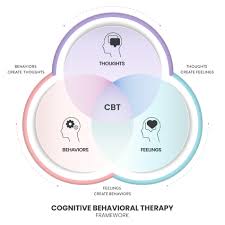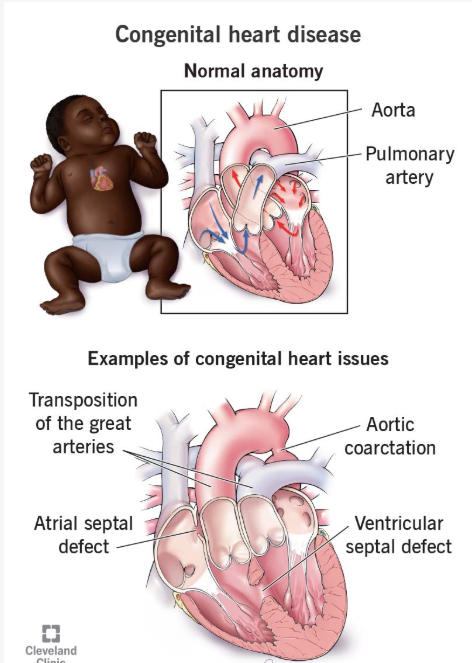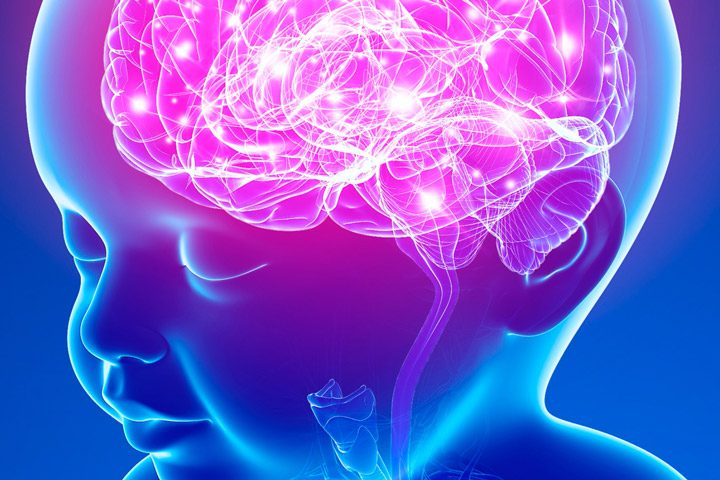
Mental Health Therapy
Department: Pediatrics
Estimated Cost : INR 500 - INR 50,000
What is Mental Health Therapy?
Mental health therapy, also known as psychotherapy or counseling, is a professional service aimed at addressing psychological, emotional, and behavioral challenges. It involves working with trained therapists who provide guidance, coping strategies, and emotional support to individuals experiencing mental health issues such as anxiety, depression, stress, trauma, or relationship challenges.
Therapy helps individuals improve their overall well-being by fostering resilience, emotional balance, and a positive outlook on life.
Symptoms Addressed by Mental Health Therapy
Mental health therapy can help manage a wide range of symptoms, including:
- Persistent sadness or feelings of hopelessness
- Difficulty concentrating or making decisions
- Unexplained fatigue or low energy
- Anxiety, restlessness, or excessive worry
- Changes in sleep patterns (insomnia or oversleeping)
- Loss of interest in activities once enjoyed
- Feelings of guilt, shame, or worthlessness
- Uncontrolled anger or irritability
- Difficulty managing stress or coping with change
- Thoughts of self-harm or suicidal ideation
When is Mental Health Therapy Necessary?
Mental health therapy is recommended if you experience any of the following:
- Chronic Stress: Ongoing stress that affects your daily life, work, or relationships.
- Mood Disorders: Symptoms of depression, bipolar disorder, or extreme mood swings.
- Anxiety Disorders: Excessive worry, panic attacks, or social anxiety that hinders normal functioning.
- Trauma or Grief: Struggling to cope after a traumatic event or the loss of a loved one.
- Relationship Issues: Challenges in maintaining healthy relationships or resolving conflicts.
- Addiction Recovery: Support in overcoming substance abuse or addictive behaviors.
Why Choose India for Mental Health Therapy?
India offers world-class mental health care services with a blend of affordability and excellence. Renowned for its holistic approach, combining traditional practices with modern therapies, India is a sought-after destination for mental health care.
Key Advantages of Choosing India for Mental Health Therapy:
- Experienced Therapists: Highly skilled and compassionate professionals trained in various therapy modalities.
- Holistic Approach: Integration of psychological therapy with mindfulness, yoga, and meditation for overall well-being.
- Affordable Treatment: High-quality therapy services at a fraction of the cost in Western countries.
- Supportive Environment: Culturally sensitive and inclusive care that respects individual differences.
- Modern Facilities: Access to advanced diagnostic tools and evidence-based treatments.
Types of Mental Health Therapy Available
Mental health therapy encompasses a variety of approaches tailored to individual needs:
- Cognitive Behavioral Therapy (CBT): Focuses on changing negative thought patterns and behaviors.
- Dialectical Behavior Therapy (DBT): Helps manage emotions and improve relationships.
- Mindfulness-Based Therapy: Uses mindfulness techniques to reduce stress and anxiety.
- Psychodynamic Therapy: Explores unconscious patterns influencing behavior.
- Family and Couples Therapy: Addresses relationship dynamics and improves communication.
- Trauma-Focused Therapy: Specialized therapy for PTSD and trauma recovery.
- Art and Play Therapy: Creative approaches, especially effective for children.
Cost of Mental Health Therapy in India
The cost of mental health therapy in India is significantly lower than in Western countries, making it an accessible option for individuals worldwide.
Estimated Costs:
- Individual Therapy Sessions: INR 800 to INR 3,000 (USD 10 to USD 40) per session.
- Group Therapy Sessions: INR 500 to INR 1,500 (USD 6 to USD 20) per session.
- Specialized Therapy Programs: INR 15,000 to INR 50,000 (USD 200 to USD 600) for comprehensive care plans.
Factors Influencing Costs:
- Type of therapy and duration
- Therapist's expertise and qualifications
- Location and therapy facility
Benefits of Mental Health Therapy
Mental health therapy offers transformative benefits, including:
- Improved Emotional Well-Being: Develop healthy coping mechanisms for stress and anxiety.
- Better Relationships: Enhance communication and resolve interpersonal conflicts.
- Increased Self-Awareness: Understand thought patterns and emotional triggers.
- Enhanced Productivity: Overcome mental blocks and improve focus at work or school.
- Long-Term Resilience: Build skills to navigate life’s challenges effectively.
Post-Therapy Care and Follow-Up
After completing therapy, ongoing care and self-management are essential to maintaining mental health.
Key Tips for Post-Therapy Success:
- Practice mindfulness or meditation regularly.
- Maintain a journal to track thoughts and emotions.
- Stay connected with supportive friends and family.
- Engage in physical activities to boost mood and energy.
- Schedule follow-up sessions with your therapist for continued guidance.
Frequently Asked Questions (FAQs)
1. What is mental health therapy?
Mental health therapy involves professional support to address emotional, psychological, and behavioral challenges.
2. Who can benefit from therapy?
Anyone experiencing stress, anxiety, depression, trauma, or relationship issues can benefit from therapy.
3. How long does therapy take?
The duration depends on individual needs, ranging from a few sessions to several months.
4. Is therapy confidential?
Yes, therapy sessions are private and adhere to strict confidentiality guidelines.
5. Can children or teens undergo therapy?
Yes, therapy is effective for all age groups, including children and adolescents.
6. What is the cost of therapy in India?
Costs range from INR 800 to INR 3,000 (USD 10 to USD 40) per session, depending on the type and provider.
7. How do I choose the right therapist?
Look for licensed therapists with expertise in the specific issue you want to address.
8. Can therapy help with addiction recovery?
Yes, specialized therapies such as CBT and group support aid in overcoming addiction.
9. Is therapy available online?
Yes, many therapists in India offer virtual therapy sessions for convenience.
10. How soon can I see results from therapy?
Results vary; some individuals feel better after a few sessions, while others may need more time.




 Get an Opinion
Get an Opinion
